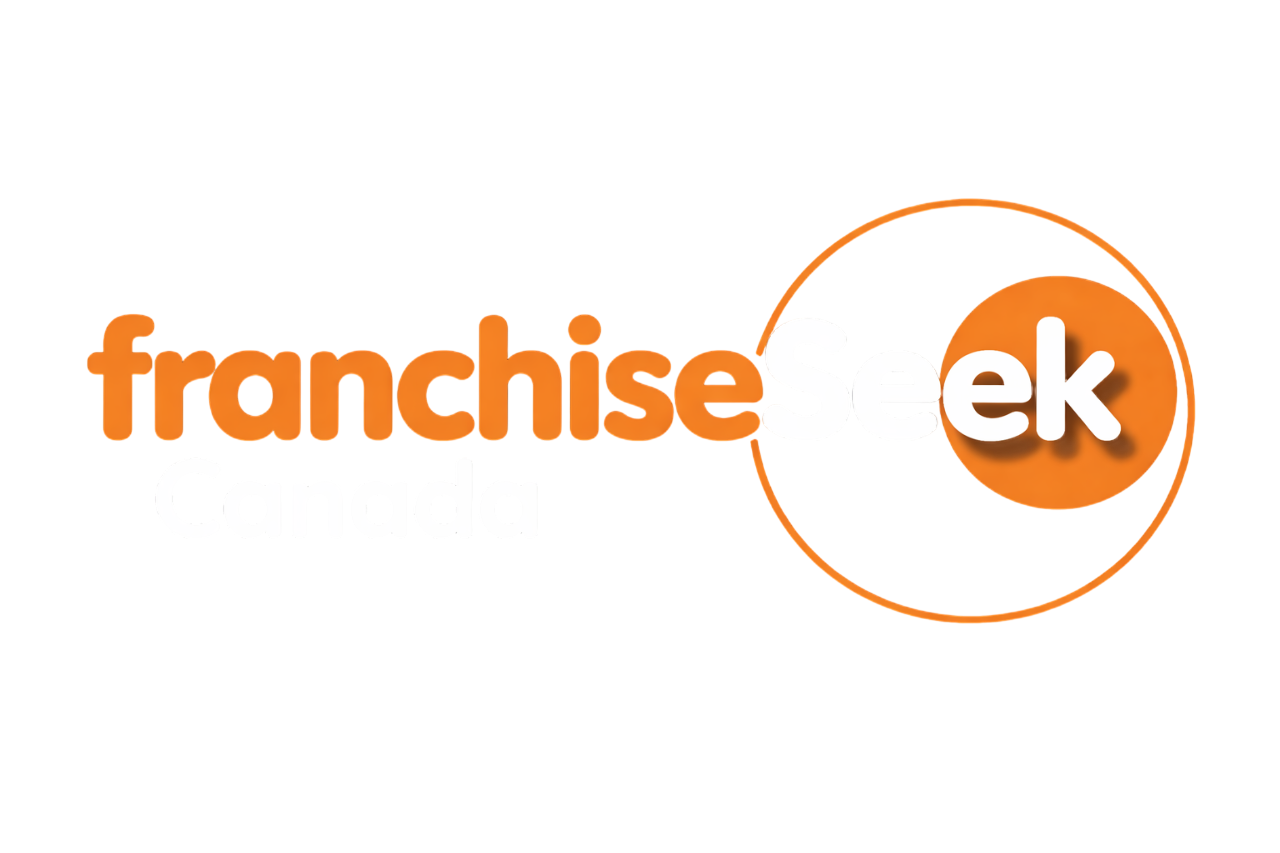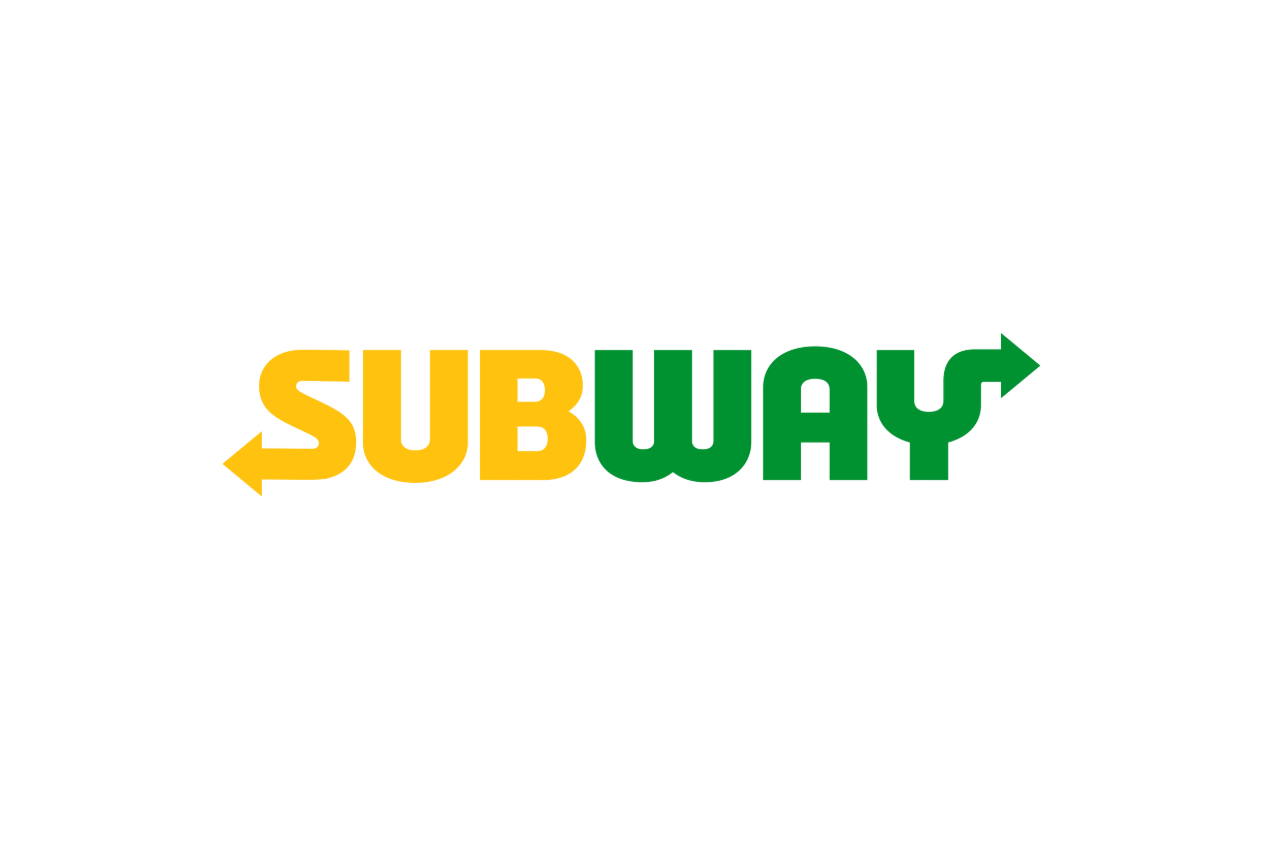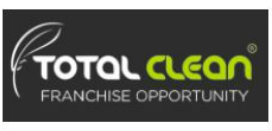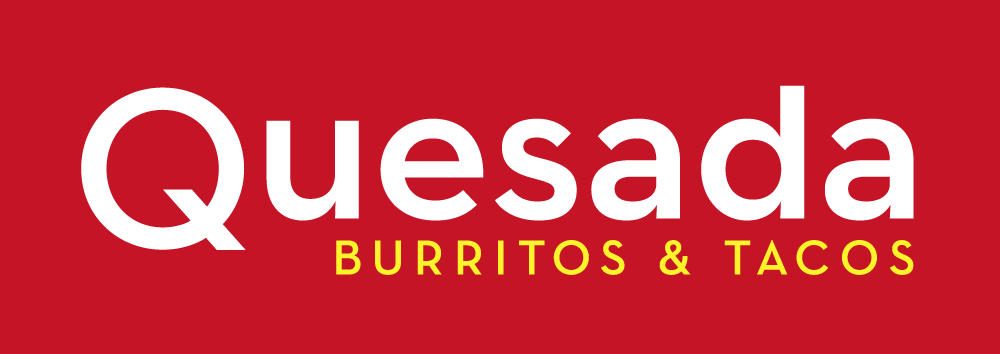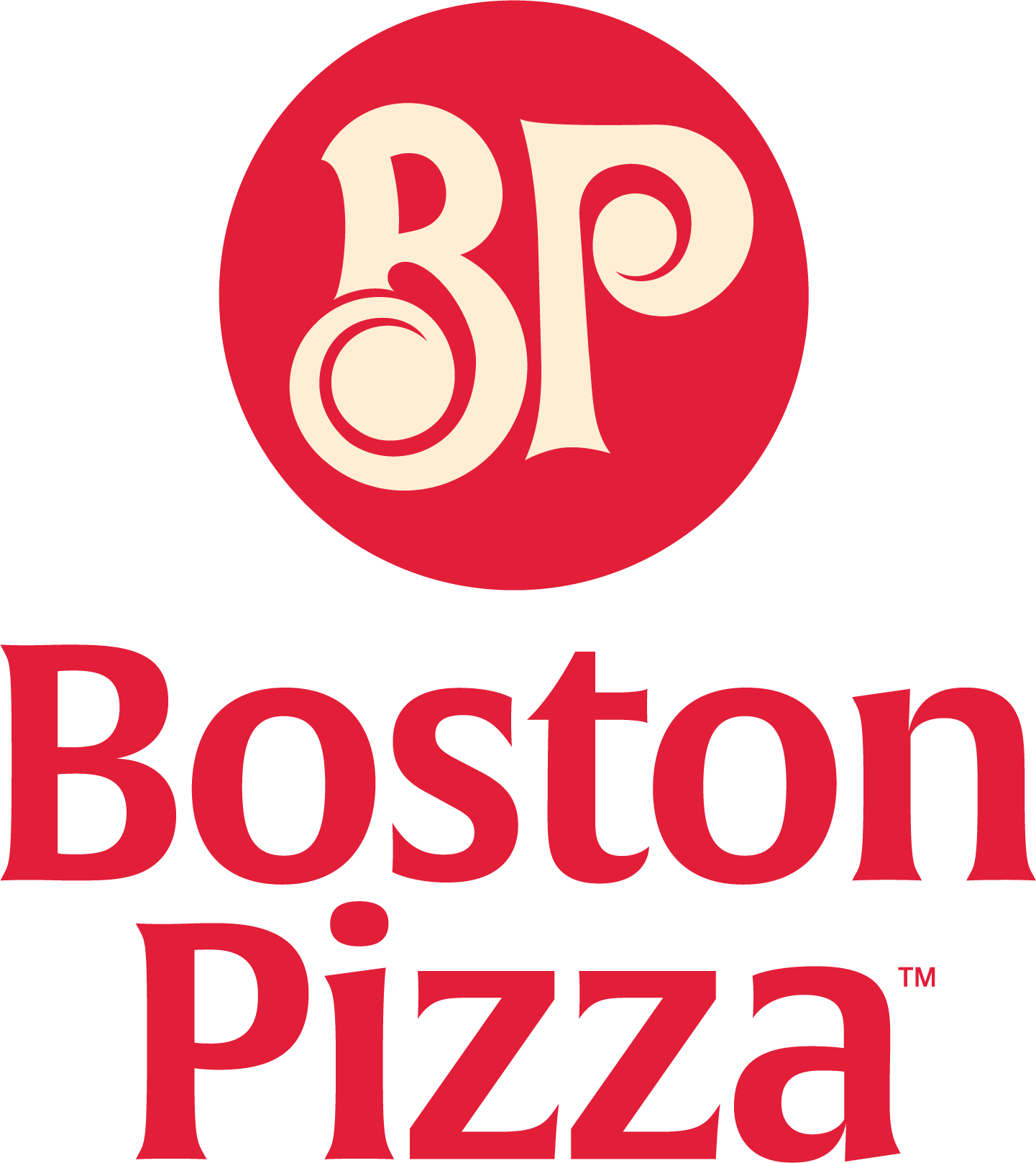Franchising presents a unique opportunity for individuals in Canada to become business owners with the support of an established brand. Rather than building a company from the ground up, franchisees buy into a proven system, often complete with training, branding, marketing, and operational support. This business model appeals to many Canadians looking to mitigate some of the risks associated with entrepreneurship. However, one of the most common and important questions potential franchisees ask is: How much can a franchise owner expect to earn in Canada?
Understanding Franchise Earnings
Franchise owner earnings in Canada can vary dramatically based on several factors, including the industry, location, brand recognition, and the owner’s level of involvement. On average, franchise owners in Canada can earn anywhere from $50,000 to $200,000 annually. Some may earn less, especially in the first few years of operation, while others, particularly those who operate multiple units or belong to high-revenue sectors like food services or retail, can see earnings well above this range.
It is essential to understand that not all revenue becomes profit. Franchisees must account for a range of ongoing expenses, such as franchise fees, royalties, rent, staffing, inventory, and marketing. These operating costs can significantly reduce the net income of the business, especially in the early stages. Many franchise agreements also require ongoing payments to the franchisor, typically in the form of a percentage of gross sales, which can be anywhere from 4% to 12%.
Factors That Influence Earnings
The type of franchise plays a critical role in determining potential income. For example, fast food franchises such as Tim Hortons or McDonald’s often report high revenues, but they also come with high franchise startup costs and operational expenses. On the other hand, service-based franchises—like home cleaning, tutoring, or lawn care—might have lower overhead costs and simpler operations, potentially leading to higher profit margins despite generating lower total revenue.
Location is another significant factor. A franchise in a busy urban center may have more customers and higher sales, but it may also face higher rent and labor costs. In contrast, a franchise in a smaller town may have lower expenses but also a smaller customer base. Demographics, competition, and regional demand can all influence how well a franchise performs in a specific location.
Owner involvement is also key. An owner-operator who is fully engaged in daily operations may be able to cut costs, improve customer service, and increase profitability. Conversely, a more passive investor might hire a manager to run the business, which adds to payroll expenses and can eat into profits.
The Path to Profitability
It typically takes time for a franchise to become profitable. Most franchisees report that they do not see substantial earnings in the first year. Instead, the first few years are often spent paying off startup costs, building a customer base, and refining operations. Once these hurdles are overcome, the income can become more stable and predictable.
Franchise success stories are not uncommon in Canada. There are numerous cases of franchisees growing from one location to owning several franchise locations, dramatically increasing their income and building significant personal wealth. However, these outcomes usually involve a combination of business acumen, hard work, and favorable market conditions.
Summary
The income of a franchise owner in Canada is influenced by many dynamic and interrelated factors. While average earnings can range from modest to highly lucrative, success is far from guaranteed. Prospective franchisees should conduct thorough due diligence, including reviewing the franchisor’s financial disclosure documents, speaking with existing franchisees, and assessing their own readiness for business ownership. With the right combination of brand, location, investment, and effort, owning a franchise in Canada can be both financially rewarding and personally fulfilling.
